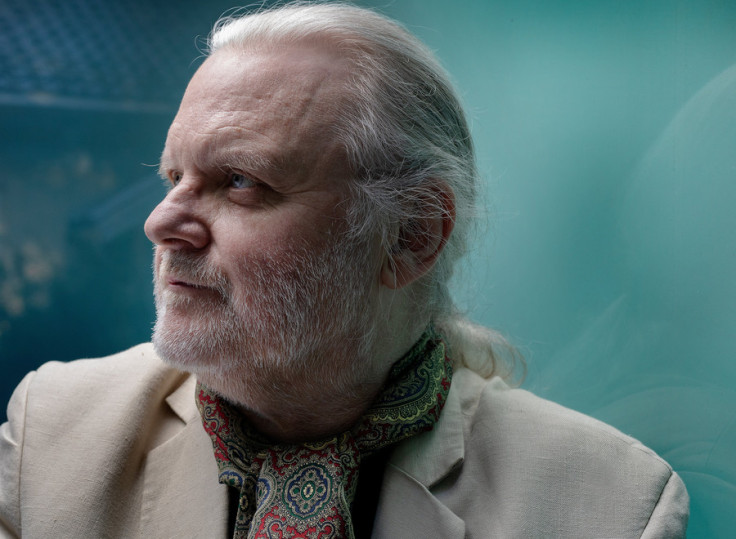
Jon Fosse was awarded one of the most coveted prizes among writers: the Nobel Prize for Literature. And like it happens with every new member of this literary hall of fame, newspapers, magazines and cultural sites turn to delving into the life of the laureate.
Fosse was awarded the Nobel "for his innovative plays and prose which give voice to the unsayable," reads a statement from the institution. But he's far from an obscure figure in the sector: he's already won other prestigious prizes and until this year he'd been considered many times for the Nobel. Plus, his work has been translated into more than 50 languages.
According to experts in the field, the prize recognizes Fosse for something that has become increasingly less appreciated in our hyperconnected and communicated culture: silence, the unsaid, a mode of communication that can only be read by those, like Fosse, are connected with the mystical world that exists beyond the material of language and matter.
"The ability to listen — to words and to silence — is a rare quality. For Fosse, it has been a transformational gift, allowing the 64-year-old to tap into the rhythms of the quotidian and the exceptional. In works such as Red Black, Melancholy I, Melancholy II, Morning and Evening, and Septology, his epic novel written in a single sentence, the writer has explored the Derridean philosophy: What cannot be said must not be silenced, but written," reads an analysis by The Indian Express.
Fosse, recognized by The Daily Telegraph in 2007 as part of the "Top 100 living geniuses", is author of mores than 40 plays, novels, short stories, children's books, poetry and essays and translations.
His personal journey can be appreciated through his work. It is one that transcends the writer's own desire or will, delving into what happens when literature is born and becomes independent of its creator. Although Fosse lived almost his entire life in Europe, his work reached distant regions such South America, specifically Chile.
"The staging of Fosse's plays in Chile is another testament to his global reach. The performances of his works in a country with a rich theatrical tradition underscore the universal appeal of his narratives. This development also highlights the global impact of Fosse's work and the extent to which his narratives have resonated with audiences worldwide, irrespective of cultural or linguistic differences." reads an article by bnn.network
A long way from home
According to the Newspaper La Tercera, people in Chile were able to see Fosse's theatrical works on many occasions; an artistic vein of the writer that art critics have connected with Fosse's admiration has indicated on several occasions for the Spanish playwright and poet Federico García Lorca.
"Jon Fosse has confessed that as a young author he felt much like an outsider in the theatre world. He had published several novels, essays and poetry collections in the early 1990s and gained a central position in Nordic literature. But he was not a frequent theatregoer and wrote his first plays on commission, still unsure if drama was his true metier. Much can be said about his integrity from how he conquered his sceptical view of theatre without thus having to compromise with his artistic ideals." commented The International Ibsen Award
In 2001, "Someone is Going to Come," starring Amparo Noguera, Marcelo Alonso and Óscar Hernández, was presented at the Teatro de la Esquina, Santiago. Then, in 2003, it was the turn of "El Hijo," starring Claudia Digirólamo, Ricardo Fernández, Eduardo Barril and Óscar Hernández. It was staged at the San Ginés Theater, Santiago. In 2008, during Teatro a Mil International Festival, "La noche canta sus canciones" was premiered, adapted by the Argentine playwright and theater director Daniel Veronese. Also in 2008, it was "Variations on Death," starring Tomás Vidiella, Roxana Campos, Bárbara Ruiz Tagle, Begoña Basauri, Pablo Cerda and Antonio Campos, at Santiago's Ex Hospital San José Cultural Center.
© 2025 Latin Times. All rights reserved. Do not reproduce without permission.





